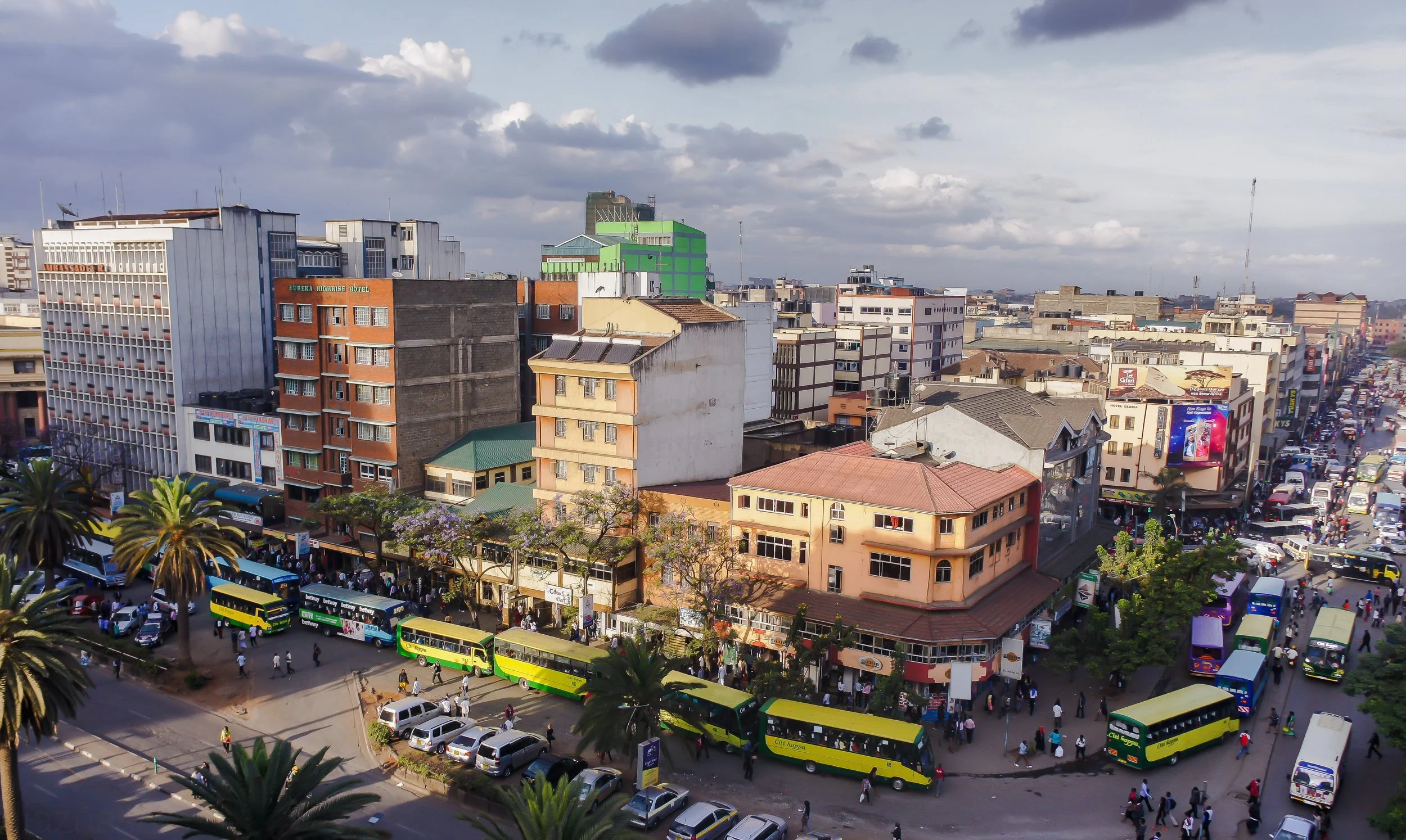Kenya: Flexible learning for former pastoralists
Many education systems around the world are - explicitly or otherwise - witnessing a scope-broadening shift towards lifelong learning. The motivations behind this gradual pivoting are many and influenced by global patterns, national priorities and local circumstances. There are plenty of examples of new lifelong learning strategies or initiatives being launched in response to a sudden and perhaps unexpected turn of events (with so many emerging during the COVID-19 pandemic, for example). More often than not, however, lifelong learning is necessitated by a sequence of events rooted in recent history which, having progressed steadily over time, creates a new situation requiring a response. It may also be the result of the gradually expanding scope of government intervention and determination not to leave populations overlooked.
Nomadic populations constitute an important target group for lifelong learning in Kenya
There are ongoing efforts by the Kenyan Government (namely the Ministry of Education and National Council for Nomadic Education and Training) to improve the educational experiences of nomadic populations across the country.
As articulated in the Ministry’s forthcoming policy on nomadic education and training - due to replace the previous Policy Framework for Nomadic Education in Kenya - nomadic populations traverse landscapes in pursuit essentials like water, pasture, and sustenance and the ASALs they inhabit constitute around 80% of Kenyan territory. Arid conditions involve droughts, flash floods and strong, gusty winds, all of which are being exacerbated by the climate crisis. For example, in the north-east of Kenya, climate change has in recent years resulted in a lack of accessible food and water for the region’s pastoralists, making their livelihoods increasingly unsustainable. While many maintain their traditional practices, a growing number of nomads feel compelled to find an alternative way of living, marking a major cultural and socio-economic shift, often moving to cities.
For former pastoralists settling in Nairobi and other urban environments across Kenya, lifelong learning has been identified as a source of support and opportunity. Vocational lifelong learning programmes centred on reskilling can help people better understand and excel at new economic activities. A more permanent location also opens up opportunities to engage in flexible learning programmes provided by community learning centres and similar institutions, so long as they are offered at suitable times and sensitive to social and emotional adjustments required for learners who may have limited experience of education in a classroom setting.
Kenya is by no means the only country with nomadic populations susceptible to the devastating effects of climate change. In other parts of the world, this global phenomenon is clashing with traditional cultural practices and ways of life. Whether individuals, families and communities continue with pastoralism or migrate to cities, flexible learning programmes have an important role to play in providing access to education.

